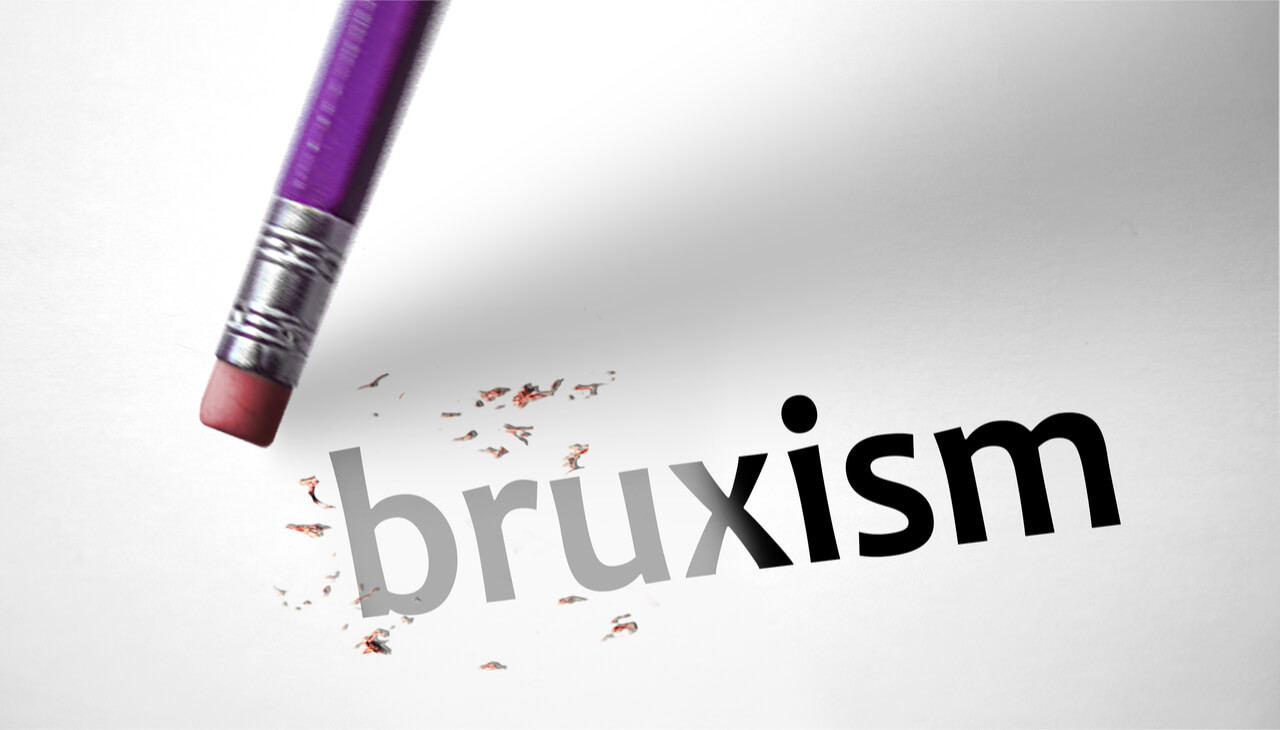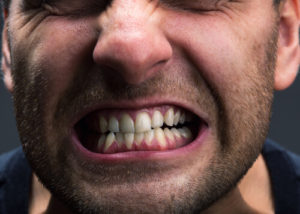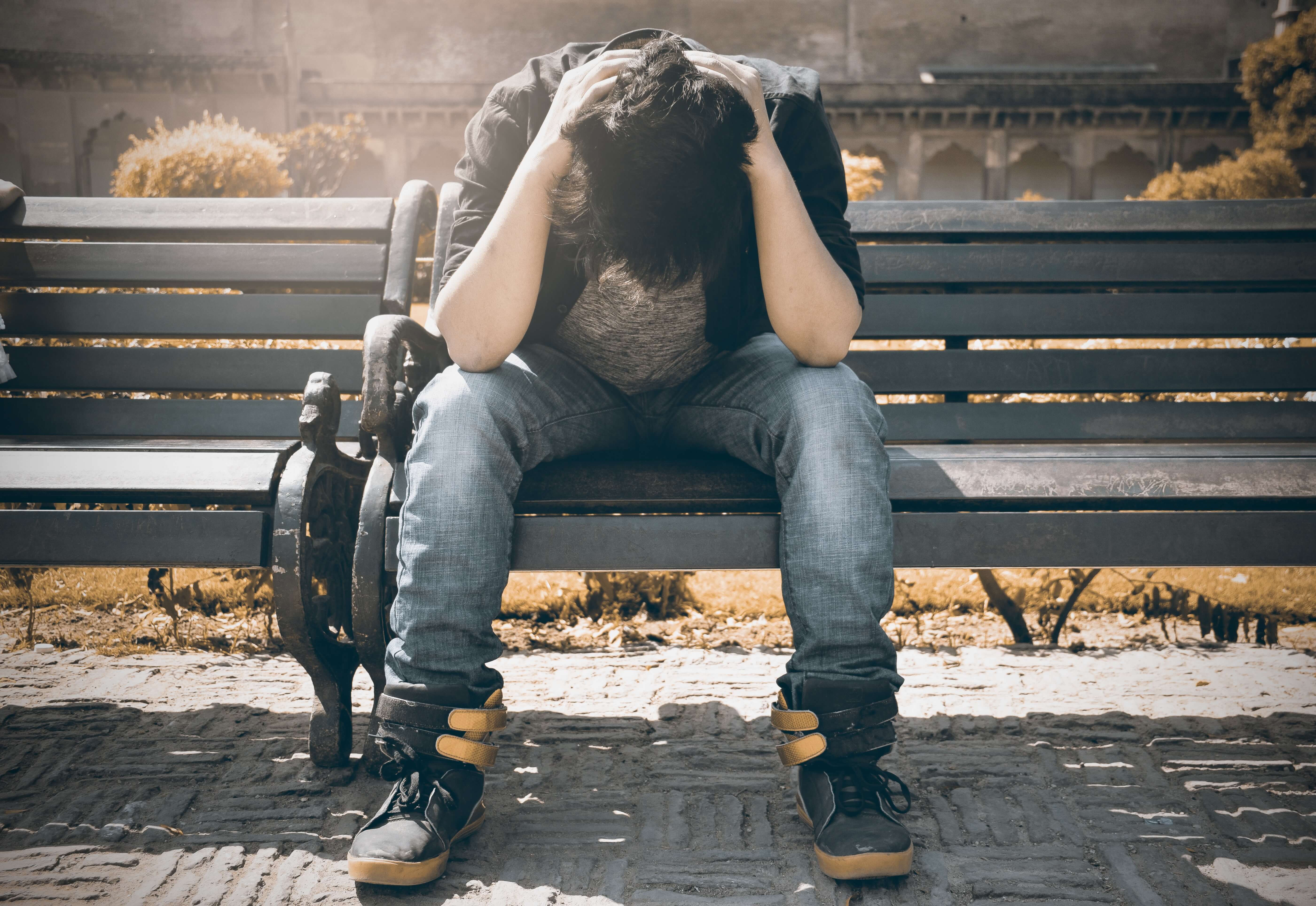
How do muscle relaxants for bruxism work?
February 8, 2019Bruxism or teeth grinding/clenching is not uncommon among people of different ages. However, bruxism in adults is usually more severe than younger children and may need treatment. Individuals suffering from this condition may unconsciously or unconsciously clench their teeth while awake or when sleeping. In this article, we have included some of the recommended treatments by an orthodontist in Epping to alleviate bruxism. Because if not treated, chronic bruxism can lead to various other ailments and discomforts which include;
•Tooth wearing off over time
•Tooth sensitivity, enamel damage
•Damaged jaw, dental abnormality
•Dull headaches
•Disturbed sleep
Who needs therapy for Bruxism?
Many children suffering from bruxism get cured with age without undergoing any treatment. As for adults, it depends on the severity of the condition. If the teeth grinding is not intense, they actually don’t require any therapy. Those who require it may be treated with muscle relaxants for bruxism, dental corrections, botox injections, splints, mouth guards, massage, relaxation exercises, stress and anxiety medication, and even dental surgery.

Causes and symptoms
The most common cause of bruxism is stress or intense emotional feelings. Some habits including excessive caffeine intake, tobacco, alcohol, certain diseases, and drugs may also be influencers for bruxism.
Many people who suffer from bruxism may not be even aware of it. So how can you tell if you suffer from this disorder? There are some typical symptoms of this teeth grinding disorder.
•Teeth grinding sound while sleeping
•Clenching teeth when under stress
•Recurring jaw muscle contraction
•Pain and swelling in the jaw
Treatments for Bruxism
Dentists often suggest treatments like muscle relaxants for bruxism or other medications. Muscle relaxants are usually prescribed to be taken before bedtime. These medications help the jaw muscles to relax and relieve stress and anxiety.
Some other measures that also help alleviate bruxism are;
•Exercise and yoga
•Listening to music, taking walks
•Lifestyle changes
•Inculcating better sleeping habits
If you are aware of your teeth grinding habit, try to break away from it consciously while awake or take help from a medical specialist or a therapist.


